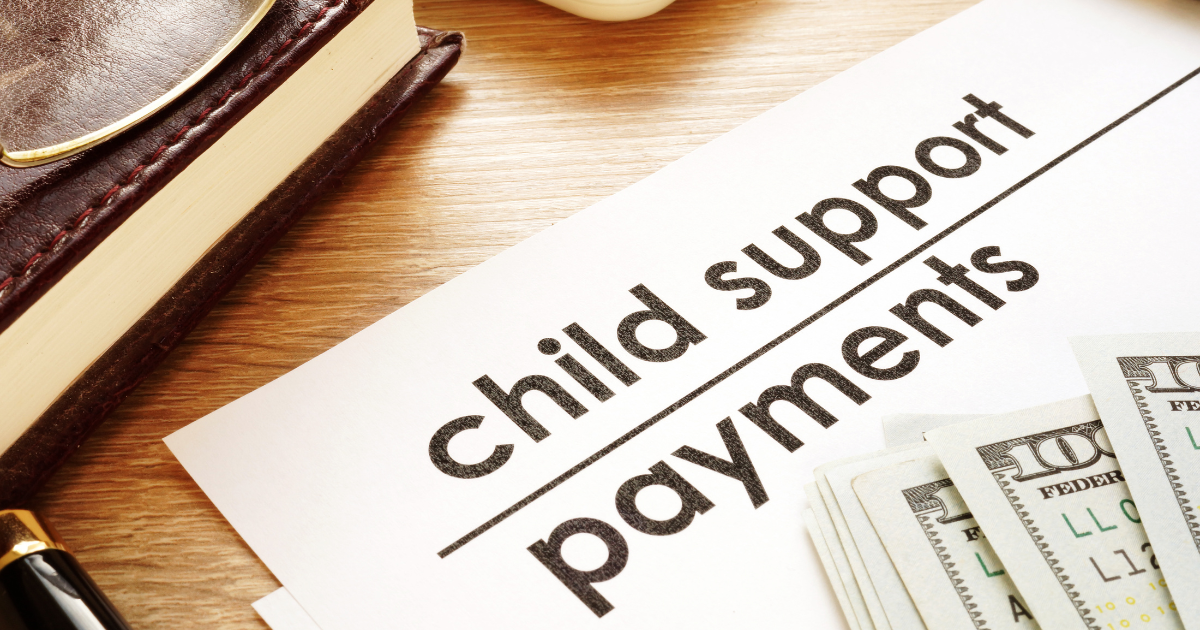Middlesex County Contested Divorce Lawyer
A contested divorce occurs when spouses cannot agree on key issues related to the dissolution of their marriage. Disagreements may arise over child custody, property division, alimony, or other financial obligations. Unlike an uncontested divorce, where both parties agree on all terms, a contested divorce requires court intervention to resolve these disputes. This process can be more complex and time-consuming since each party must present their case before a judge, who will then make the final decisions.
For spouses in Middlesex County, going through a contested divorce can be emotionally and financially taxing. However, working with an experienced lawyer can make the process more manageable. These legal professionals help protect your rights and interests while guiding you toward a fair resolution.
What Are the Common Disputes in a Contested Divorce?
In contested divorces, disputes commonly arise around child custody, property division, alimony, and child support.
One of the most challenging aspects of any divorce involving children is determining custody and parenting time. Courts must evaluate the child’s best interests, considering factors such as each parent’s relationship with the child, the child’s specific needs, and each parent’s ability to provide a stable environment. A parenting plan, which outlines how the child will spend time with each parent, may be required. Disagreements over these plans often lead to contested custody battles.
The division of marital property and assets also presents significant challenges. New Jersey follows an equitable distribution model, meaning assets and debts acquired during the marriage are divided fairly, though not necessarily equally. Determining what constitutes marital property and deciding on its distribution can be sources of conflict, especially if one spouse believes they are entitled to a larger share of valuable assets such as real estate or retirement accounts.
Alimony is another frequent point of contention. Spousal support is awarded based on various factors, including the length of the marriage, the financial situations of both spouses and their ability to maintain a standard of living similar to what they had during the marriage. Disputes often arise over whether alimony is necessary, how much should be paid, and how long the payments should last.
While child support is typically calculated using a state formula, disagreements may occur if one party feels the calculations do not accurately reflect their financial situation or the child’s needs. Disputes may arise over what qualifies as reasonable expenses, leading to conflict over the amount of support to be paid.
What Are the Steps of the Contested Divorce Process?
The contested divorce process in Middlesex County involves several key steps. It ensures that both parties have the opportunity to present their cases to the court for a fair resolution.
The first step is filing a Complaint for Divorce. This legal document outlines the grounds for divorce and the specific issues that need to be resolved. The other spouse is served with the complaint and given an opportunity to respond. The divorce becomes contested if the parties do not agree on the terms.
After filing, both parties attend a Case Management Conference, a meeting between the spouses, their attorneys, and a judge. During this meeting, the judge reviews the issues in the case and sets a timeline for moving forward. The judge may encourage the parties to resolve their disputes through negotiation or mediation. If an agreement cannot be reached, the case proceeds to trial.
During the discovery phase, each party gathers and exchanges information relevant to the case. This phase may include collecting financial records, property appraisals, and other documents necessary to resolve disputes over property division, alimony, or child custody. Depositions and written interrogatories (formal questions) may also be part of this process, allowing both parties to obtain information from one another.
Many contested divorce cases are resolved through negotiation or mediation before reaching trial. Mediation involves a neutral third party who helps both spouses work toward a resolution. This approach can save time and money. If the parties can compromise, the divorce may be finalized without trial. However, if negotiations fail, the case proceeds to trial, where both parties present evidence and testimony. The judge will then issue rulings on unresolved issues, such as child custody, property division, alimony, and child support. Once the judge makes their decision, a final divorce decree is issued.
How Long Does a Contested Divorce Take?
The time required to complete a contested divorce in Middlesex County varies depending on the case’s complexity and both parties’ willingness to cooperate. On average, a contested divorce can take several months to more than a year. The number of disputes that need to be resolved, the court’s availability, and whether the case goes to trial all influence the timeline.
The process may be faster if both parties are open to mediation or negotiation. However, if significant conflicts or complex issues arise, the divorce may take longer as the case moves through the court system.
What Is the Cost of a Contested Divorce?
The cost of a contested divorce in Middlesex County varies depending on the complexity of the case, the number of disputes involved, and the length of time it takes to reach a resolution. Generally, the more conflicts that need to be addressed, the higher the legal fees and court costs.
Several factors contribute to the overall cost of a contested divorce. These can include the need for expert witnesses or professionals to provide evaluations, the amount of discovery required, and the number of court appearances necessary. While some cases are resolved through negotiation or mediation, others may require a lengthy trial, which increases expenses. It is important to consult with your divorce lawyer early in the process to get a clear understanding of the potential costs involved.
How Can a Middlesex County Contested Divorce Lawyer Help?
Contested divorce lawyers play a vital role in guiding individuals through the divorce process, particularly when disputes over important issues need to be resolved. For individuals in Middlesex County, contested divorce lawyers provide essential legal representation, ensuring that their rights and interests are protected throughout the proceedings.
One key benefit of working with contested divorce lawyers is their ability to advocate for you in court and during negotiations. They prepare legal documents, gather evidence, and present your case to the judge.
Contested divorce lawyers also assist with negotiations. In many cases, settling through negotiation is preferable to a trial, as it saves both parties time and reduces stress. A lawyer will help ensure that any agreements align with your best interests, particularly in cases involving complex financial issues or disputes over child custody.
Additionally, contested divorce lawyers provide invaluable guidance throughout the legal process. Divorce laws in New Jersey are complicated, and the court system can be overwhelming. Your lawyer will help you understand your rights and obligations, advising you on the best strategies to pursue and the likely outcomes of your case.



